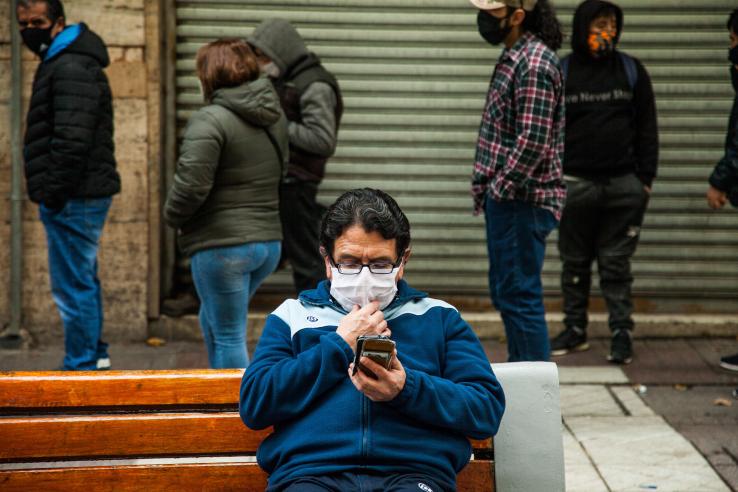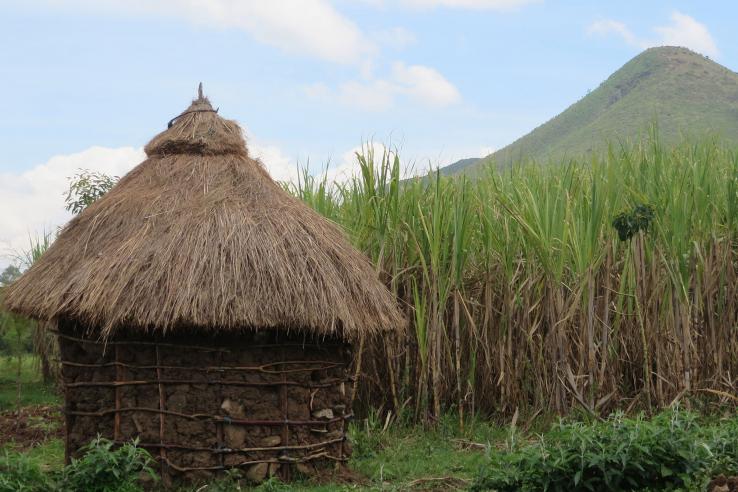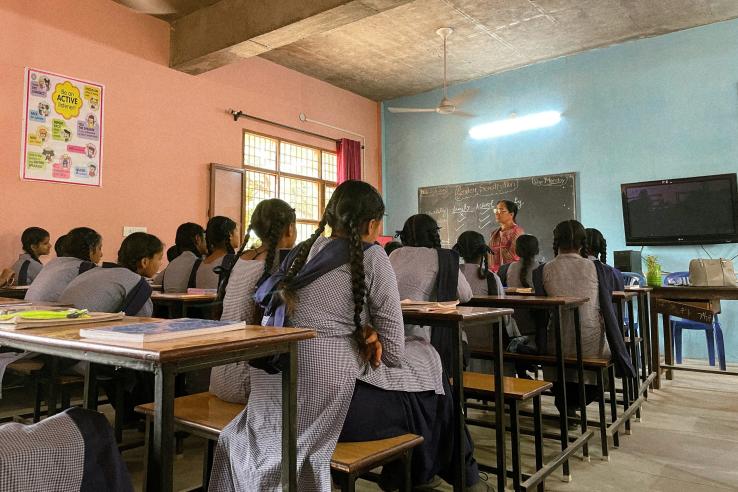Displaying 4396 - 4410 of 8504
Evaluation
Researchers randomly assigned employees at garment factories in Bangladesh to either continue collecting their wages in cash, receive direct deposit wage payments into a payroll account, or receive an account but continued to receive wage payments in cash. Exposure to payroll accounts led to increased account use, consumer learning, savings, and trust in mobile banking.
Evaluation
Researchers are partnering with the Government of Niger to evaluate the impact of empowerment clubs providing adolescents girls with life skills trainings; gender norms clubs designed to change gender-related norms among young men; or both clubs implemented in the same villages on gender norms and women’s empowerment outcomes.
Evaluation
Researchers conducted a randomized evaluation to measure the impact of publicly-funded private primary schools on student enrollment in rural Pakistan. The private school program significantly increased school enrollment, but did not reduce gender disparities among students.
Evaluation
Researchers conducted two randomized evaluations in India in which they identified effective individuals for information sharing ("gossips") through word-of-mouth. They found that information was disseminated more widely when shared by individuals nominated by others in their community, rather than village elders or randomly-selected individuals.
Evaluation
Researchers are conducting an evaluation that randomized the provision of information in a survey to improve the likelihood that citizens paid their municipal property taxes and understood the role that unequal tax burdens played in determining the likelihood of people paying their full tax burden in Manaus, Brazil.
Evaluation
Researchers are conducting a randomized evaluation to test the impact of Chile’s economic stimulus package on the profits and survival of SMEs.
Evaluation
Researchers are evaluating the effectiveness of an interactive WhatsApp-based couples communication, financial education, and COVID-19 information program in promoting low-income households' financial resiliency and reducing IPV rates in Colombia. Research is ongoing; results forthcoming.
Evaluation
In Western Kenya, researchers evaluated an SMS intervention whereby a large-agribusiness sent farmers with whom they contracted timely reminders on agricultural tasks to be completed. The SMS intervention was a cost-effective means of increasing yields, farmer revenue, and company profits. However, researchers found that the SMS intervention had no impact on yields when evaluated a second time one year later.
Evaluation
Researchers are working with Innovations for Poverty Action to study the effects of behavioral "nudges" that encourage teachers to enroll in loan forgiveness programs on program enrollment, teacher retention, and household finance.
Evaluation
In India, researchers evaluated the impact of a public sector management program involving comprehensive assessments of schools, detailed school ratings, and customized school improvement plans, on school functioning and student learning. Researchers found that the MPSQA program was successful in conducting high-quality external school assessments.
Evaluation
Evaluation
To diminish the effect of bribes on voter behavior, researchers designed and evaluated a non-partisan anti-vote-buying radio campaign during the 2014 Indian general election. Researchers assessed whether voters in areas that were randomly assigned to receive the radio campaign became less likely to vote for the reputed vote-buying parties. Researchers found that the radio campaign decreased the vote share of vote-buying parties by 3.5 to 7.1 percentage points.
Evaluation
In Chicago, researchers evaluated an intensive two-on-one math tutoring program for 9th and 10th grade male students in public schools to assess the effectiveness of individualized instruction. Students who were randomly assigned to tutoring scored higher on math exams, earned better grades in math, and were more likely to pass high school classes.











